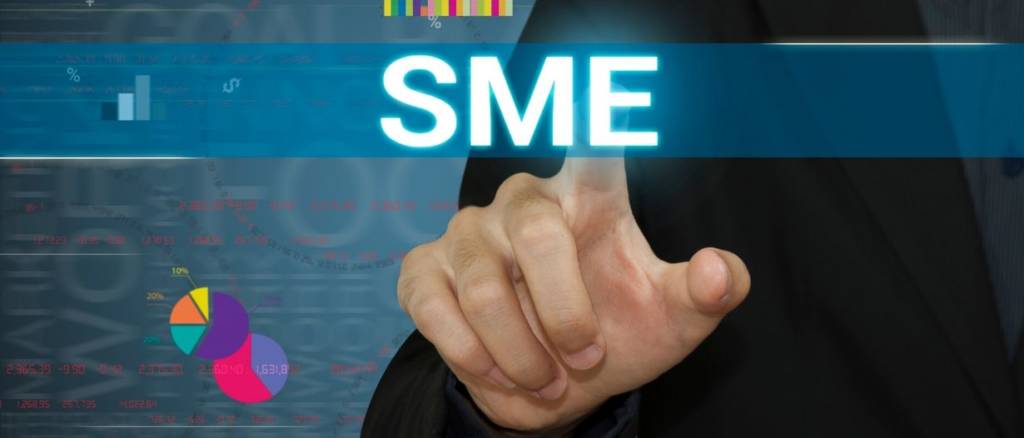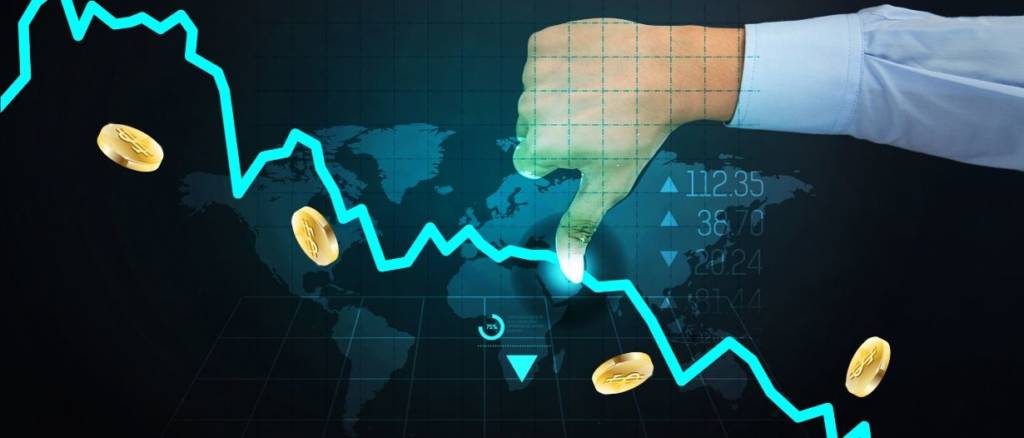Cairo, 14 May 2020: – The African Export-Import Bank (Afreximbank) vaulted market uncertainties caused by COVID 19 pandemic to successfully conclude a dual-currency Syndicated Loan, raising the equivalent of US$907.5 million, comprised of… read more →
TFG caught up with Private insurance and risk mitigation experts Simon and Carol from The Texel Group, speaking on policies, types of insurance product, where the CPRI market might be headed in a post-pandemic world and appetite in 2020.
Commenting on this morning’s UK trade (March 2020) figures from the ONS, TFG heard from Dr Rebecca Harding, CEO of Coriolis Technologies and trade economist.
TFG heard from EXX Africa’s Keri Leicher, on the economic, political and health crisis in Africa caused by Covid-19 pandemic. Keri spoke of Africa’s high level of debt and silent attacks affecting the continent’s security.
Now is the time for trade finance institutions to take the lead in efforts to strengthen SME resilience and leave them in a position to be able to bounce back in the aftermath of the pandemic.
COLOMBO, SRI LANKA (6 May 2020) — The Asian Development Bank (ADB) has provided a guarantee for a $25 million trade loan to the State Pharmaceuticals Corporation of Sri Lanka… read more →
ICC Banking Commission has released its 2019 Trade Register Report, revealing COVID-19’s potential to disrupt global trade.
Interbank and bank-to-corporate messaging remains a challenge, and whilst the industry welcomes moves towards structured data and SWIFT’s new messaging types, there are still challenges.
The UK and US governments will today (Tuesday 5 May) start negotiating a UK-US Free Trade Agreement. The International Trade Secretary Liz Truss and the US Trade Representative Robert Lighthizer… read more →
Dear trade minister, As your country deploys all instruments to combat the COVID-19 pandemic, bear in mind that trade can serve as a powerful, low-cost tool to improve access to… read more →
























